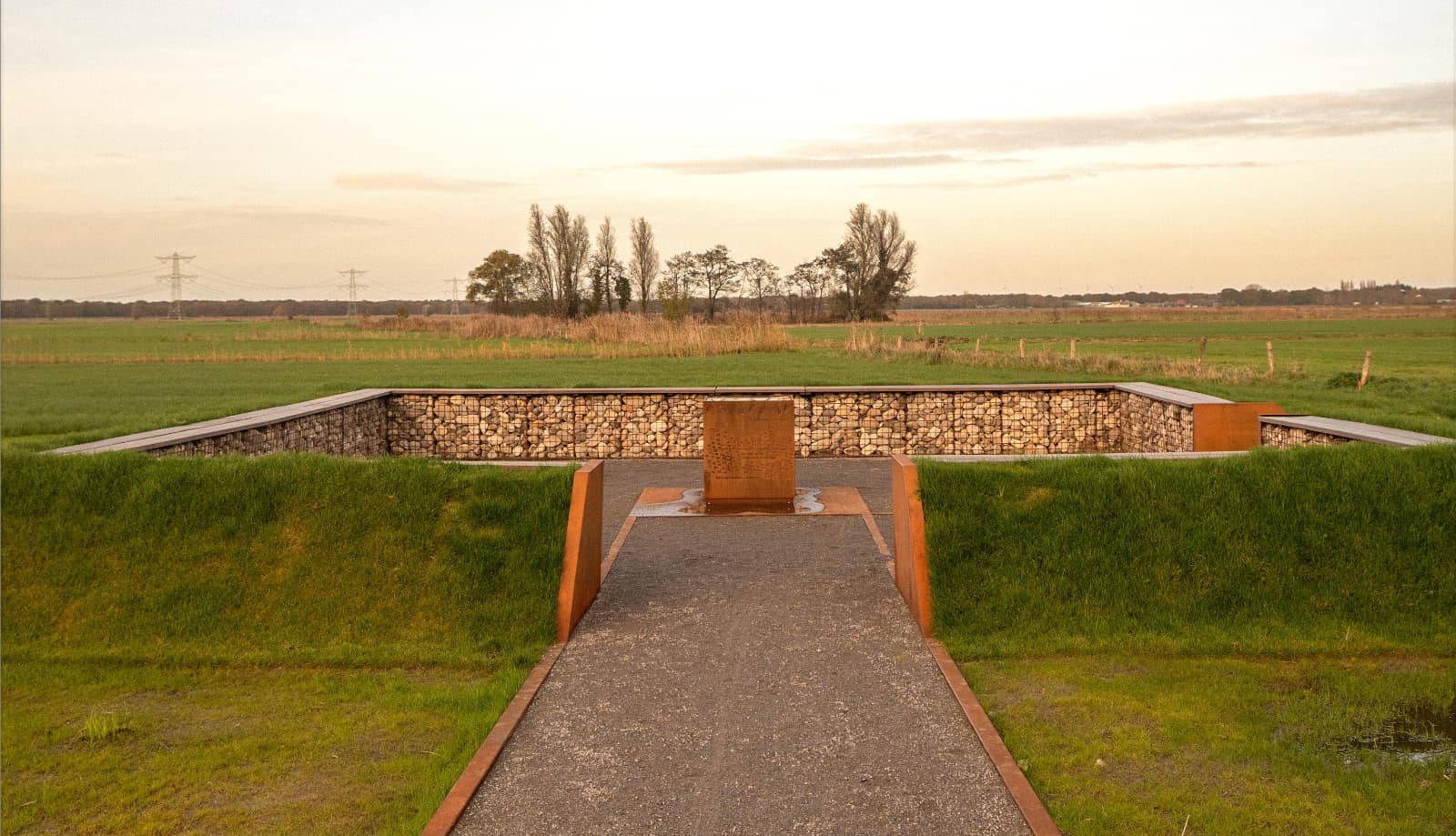

Downloads
DOI:
https://doi.org/10.58981/bluepapers.2022.2.08Published
Issue
Section
License
Copyright (c) 2022 Blue Papers

This work is licensed under a Creative Commons Attribution 4.0 International License.
How to Cite
Abstract
Water and water-linked heritage play a very important role for many cities and regions. They are at the center of many places’ identities and key activities. Consider historic waterfronts and infrastructures such as bridges, port facilities, sluices, dams, water towers, mills and specific water-related landscapes, both in the city and in the countryside. Consider also intangible aspects of water-linked heritage, from traditional water management practices to values and local stories. These all have the potential to galvanize the interests of diverse stakeholders and provide a foundation for an ecosystemic approach to sustainable urban and regional development. This is not only because of positive values associated with water, but also because water-linked heritage valorization can effectively connect environmental, economic and social dimensions of sustainability. By working with water-linked heritage as a vector of the ecosystemic transformation of cities and regions, one can span multiple boundaries. First, doing so can attract a diverse set of stakeholders representing different disciplines and policy sectors, engaging them in place-making and the co-creation of transition strategies and tactical activities. Second, water allows for defining functional geographies and strategically linking diverse places connected by water bodies, cutting across administrative boundaries. By drawing upon five international case studies involved in the Interreg WaVE project, the authors have elaborated a typology to classify and compare different approaches to heritage valorization.
References
Dąbrowski, Marcin, Ana Maria Fernandez Maldonado, Vincent Nadin, Kasia I. Piskorek, and Wout van der Toorn Vrijthoff. 2019a. Regional Status Quo Methodology. Interreg Europe. Delft: Delft University of Technology. https://projects2014-2020.interregeurope.eu/fileadmin/user_upload/tx_tevprojects/library/file_1573467331.pdf.
Dąbrowski, Marcin, Kasia I. Piskorek, Ana Maria Fernandez Maldonado, Wout van der Toorn Vrijthoff, and Vincent Nadin. 2019b. Methodology for the Engagement of Local Stakeholder Groups (LSG). Interreg Europe. Delft: Delft University of Technology. https://projects2014-2020.interregeurope.eu/fileadmin/user_upload/tx_tevprojects/library/file_1572188161.pdf.
Dąbrowski, Marcin, Ana Maria Fernandez Maldonado, Wout van der Toorn Vrijthoff, and Kasia I. Piskorek. 2022. Key Lessons from the WaVE Project and a Manifesto for the Future of Water-Linked Heritage. Interreg Europe. Delft: Delft University of Technology. https://www.interregeurope.eu/fileadmin/user_upload/tx_te-vprojects/library/file_1643216103.pdf.
Interreg WaVE. 2020. Good Practices Catalogue for International Knowledge Exchange. 13 Good Practices in Valorization of Water-Linked Heritage from 5 European Locations. Interreg Europe. Delft: Delft Univer- sity of Technology. https://projects2014-2020.inter-regeurope.eu/fileadmin/user_upload/tx_tevprojects/library/file_1605796860.pdf.
Interreg WaVE. 2022. “Project’s Online Library.” https://projects2014-2020.interregeurope.eu/wave/library.


